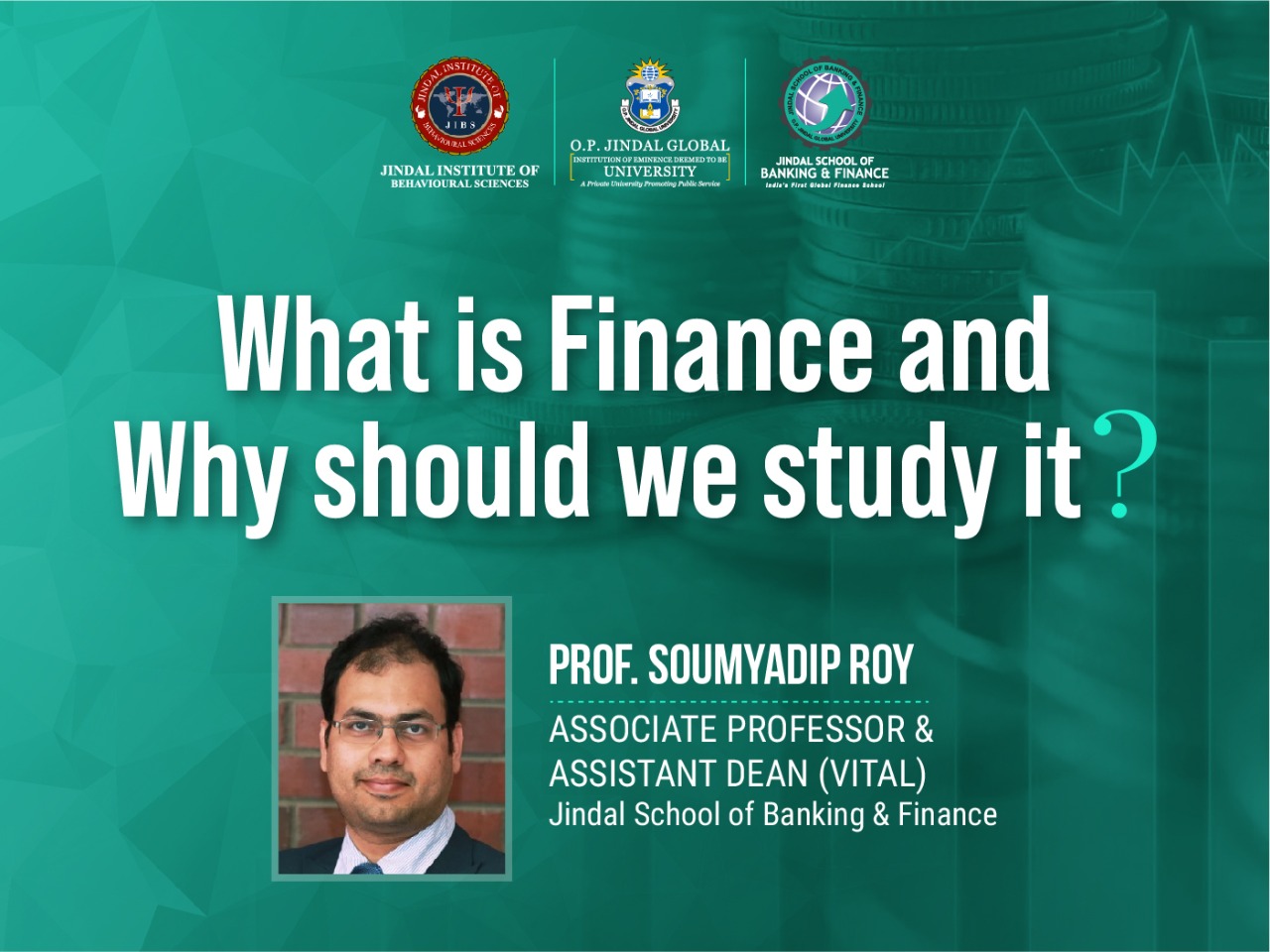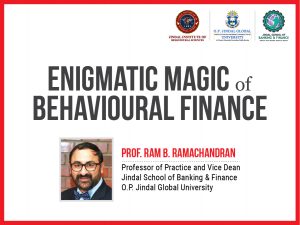The 2017 Nobel Prize in Economics was given to Richard Thaler because his “contributions have built a bridge between the economic and psychological analyses of individual decision-making. His empirical findings and theoretical insights have been instrumental in creating the new and rapidly expanding field of behavioral economics.”
Evolution of Behavioural Finance
Following the work of Richard Thaler, Daniel Kahneman, Amos Tversky and others a new branch of Economics was born. Although the use of behavioral factors in explaining individual and collective choice is not new, work by Thaler and others was responsible in formalizing the discipline. Some of the leading economists from the 18th to the first half of the 20th century such as Adam Smith, John Maynard Keynes and Irving Fisher had already brought aspects of human psychology and behavior into their writings. However, the rational expectations revolution of the second half of the 20th century made almost everyone believe in the rational optimization behavior of agents which dominated the economics and finance field.
What is behavioral finance? What do they contribute to our understanding of financial markets? These questions are perhaps best understood by some examples:
Thaler was a graduate student at the University of Rochester in the early 1970s. He was working on a dissertation on the value of human life when one day he decided to conduct some surveys and stumbled upon one of the fundamental results in behavioral economics known as the ‘endowment effect’: in his survey participants were asked how much they would be willing to pay to reduce their probability of dying over the next year by 0.001. He also asked them how much they would need to be paid in order to accept an 0.001 increase in this probability.
After collecting this data, Thaler noticed something curious: the amount people were willing to pay to reduce their probability of dying was much lower than the amount they required in order to accept an increase in this probability, even though traditional economic theory predicted that the two quantities would be roughly equal.
This resulted in the ‘endowment effect’ literature where the amount people are willing to pay for an object of economic value is much lower than the amount they are willing to accept in order to give the object up.
Such theories where the psychology of the human brain is brought in to explain behavioural anomalies in human and market behaviour has led to the birth of and Behavioural Finance. There are many factors that go into decision making apart from selfish rationalism. These include cognitive, cultural, psychological, emotional and social factors. Some of the theories that have been developed following the pioneering work of Thaler are: nudge theory, bounded rationality, prospect theory, herd behaviour etc.
Why study Behavioral Finance?
The main difference between traditional finance and behavioral finance is the fact that traditional finance theories require the assumption that agents are rational. This is equivalent to assuming that no other factors apart from their narrow self-interest and rationality affect their behavior. While rationality is a sensible thing to assume, surely the decisions that agents take with regard to finance are affected by their culture, emptions, social norms and psychological/cognitive factors.
Behavioral finance tries to find explanations with regard to when and why people deviate from rational behavior and rational expectations. This does not mean behavioral finance gets rid of rational behavior and relies on irrationality. As Kenneth Arrow said – there can be no theory if there is no rationality. Instead, behavioral finance builds on traditional rationality to include behavioral traits to create a more nuanced understanding of financial decisions.
A good understanding of psychology, economics and social sciences will help a finance professional develop long-term relationship with their clients. Ultimately the decisions made in the financial markets are by humans and therefore a financial advisor needs to take into consideration the human elements of their clients while they provide investment advice or conduct financial analysis. The complex nature of human beings is best disentangled when finance professionals take into consideration emotions and psychological factors.
The Nobel Prize winning economist Daniel Kahneman, investors who invest on their own make ‘large and expensive’ mistakes. This is why investment firms, whether it be portfolio management or wealth management firms, need to be aware of the biases that inevitably creep in while making decisions. This is what Richard Thaler calls ‘anomalies’.
One example of such a bias is called ‘recency bias’. This bias arises when investors seek information that reinforces their own or their peers’ established perceptions. In volatile markets, investors may overestimate the risk in their portfolio and rotate towards safety assets without any economic or fundamental reason for it. On the other hand, positive short term gains can lead to investors taking unnecessary risks.
Careers in Behavioral Finance
Being a new field of inquiry, behavioral finance poses many questions that have not been researched earlier. The availability of high frequency data and advanced software now make it possible for researchers – both in academia and corporate firms to analyze the irregularities in financial markets and come up with detailed explanations as to why these irregularities occur. And how does an investor protect themselves from making large and expensive mistakes and pick investment avenues which are best for them.
In academics the pursuit of unique and innovative research questions can be a lot of fun. In today’s world, firms who invest in hiring researchers with proper training in how financial markets operate will beat those who do not. Therefore, the understanding of behavioral aspects of finance can help in building exciting careers both in academia and industry. The true competitive advantage is knowledge and those who understand finance from a behavioral point of view, in addition to the conventional theories will always have a competitive edge. The large financial industry, in India and abroad is always on the lookout for well-trained professionals who enjoy learning, researching and taking action on the basis of their research. Financial advisors need to find the right balance between what their clients want and what they need. And this can only be done with a good understanding of finance, cognitive biases and psychological factors that go into decision-making.
Afterall we are humans, not robotic self-interest ‘rational economics actors’, right?
Programmes Offered by JGU:
O.P. Jindal Global University offers an innovative 2-year M.Sc. in Finance programme. Behavioural Finance is a specialization offered as part of the M.Sc. Finance Programme. This unique and rigorous programme uses Jindal School of Banking & Finance’s focused and data intensive approach to deliver a one-of-a-kind and unique curriculum.
The article is written by Prof. Soumyadip Roy, Associate Professor and Assistant Dean (VITAL), Jindal School of Banking & Finance, O.P. Jindal Global University.



